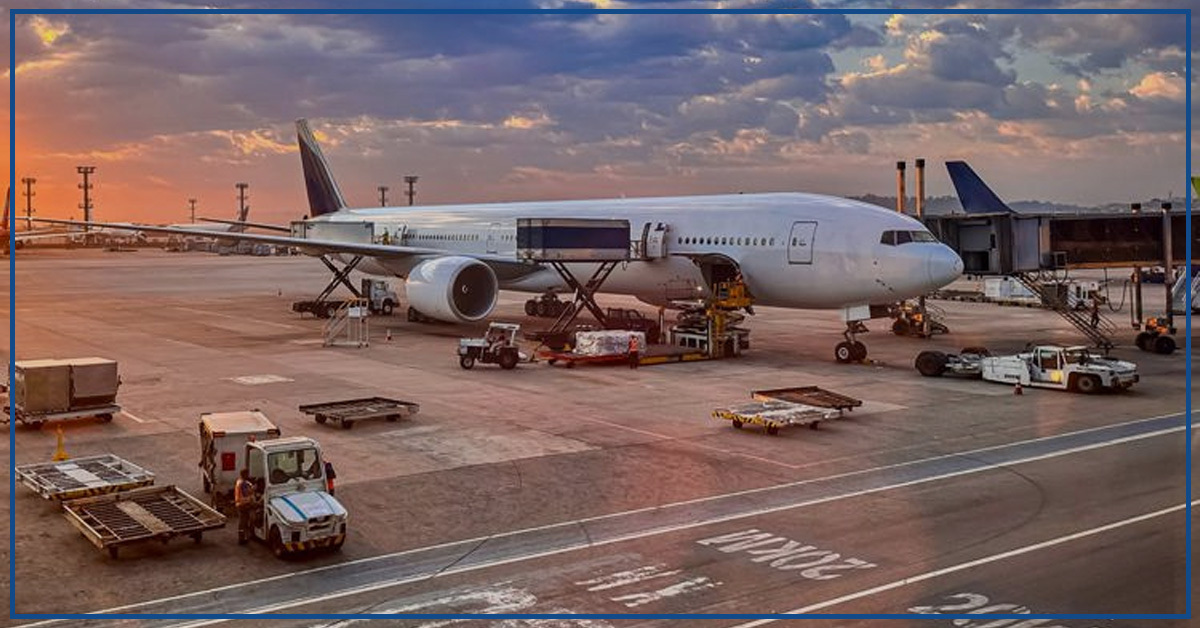Banks, airlines, television networks, and health systems worldwide relying on Microsoft 365 apps experienced widespread outages early Friday due to an issue linked to CrowdStrike. This incident led to the cancellation of thousands of flights and train services globally, including over 1,800 in the U.S., and disrupted numerous public and retail services. CrowdStrike, a global cybersecurity firm providing antivirus software to Microsoft for its Windows devices, identified a technical problem in its software.
“Earlier today, a CrowdStrike update was responsible for bringing down several IT systems globally,” Microsoft stated to CBS News. By Friday evening, Microsoft announced on social media that it had completed mitigation actions, and telemetry indicated that all previously impacted Microsoft 365 apps and services had recovered. The company entered a monitoring period to ensure the issue was fully resolved.
CrowdStrike CEO George Kurtz clarified that this was not a security incident or cyberattack, stating that the issue had been identified, isolated, and a fix deployed. Over 3,000 flights within, into, or out of the U.S. were canceled as of Friday night, with more than 11,400 delays reported by FlightAware. Globally, over 42,000 flights faced delays.
American Airlines, Delta Air Lines, and United Airlines resumed some flight departures later Friday morning after earlier disruptions. American Airlines expected to deliver reliable operations for customers the following day, while United Airlines aimed to return to near-normal operations by Saturday.

Brigham and Women’s Hospital in Boston canceled non-urgent surgeries and medical visits due to computer system failures. Memorial Sloan Kettering Cancer Center in New York City postponed procedures requiring anesthesia, Emory Healthcare in Atlanta delayed certain surgeries, and Seattle Children’s Hospital closed its outpatient clinic.
The Department of Health and Human Services was assessing the impact of the CrowdStrike outage on patient care and its systems. A Department of Homeland Security memo confirmed that DHS systems were affected by the global outage but emphasized it was not a cyberattack.
Portland Mayor Ted Wheeler issued an Emergency Declaration to address city system disruptions, while New York City Mayor Eric Adams reported minimal impact due to prior drills. In Europe, Lufthansa, KLM, and SAS Airlines faced disruptions, and Switzerland’s largest airport halted landings. India’s primary airport in Delhi resorted to manual operations.
Hospitals in Germany canceled elective surgeries, and U.K. doctors and pharmacists experienced booking systems and prescription access issues. The FBI reported no operational problems, despite some system impacts. The London Stock Exchange saw disruptions in its regulatory news service but maintained normal trading, and the New York Stock Exchange anticipated a regular opening.
Starbucks faced issues with its mobile ordering features, and FedEx warned of potential package delivery delays due to the outage. Despite CrowdStrike’s implemented fix, some problems would take time to resolve as endpoint devices needed manual updates. CrowdStrike’s Kurtz noted that many affected systems were beginning to recover, with some clients able to resolve issues by rebooting their computers or servers. However, the recovery process for all systems might take days, requiring individual attention from technology departments worldwide.





